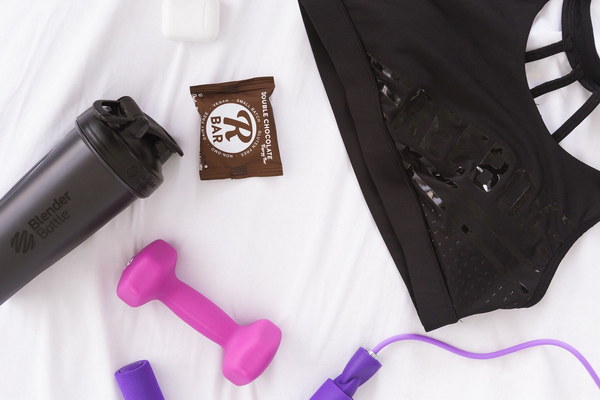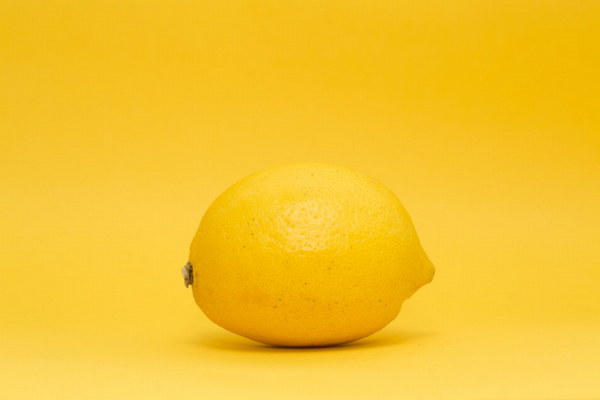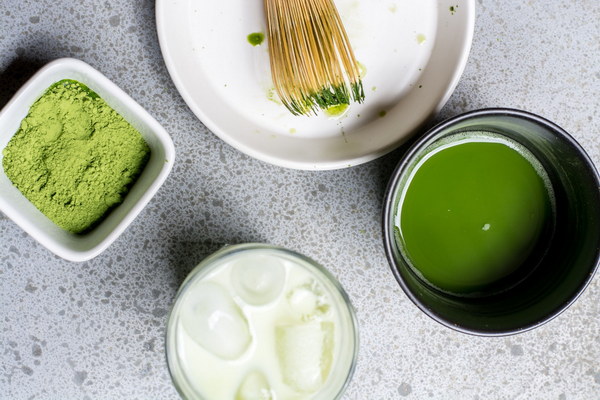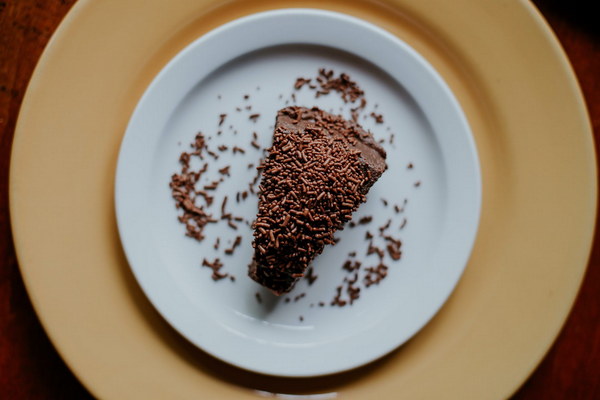The Unexpected Side Effect How a Moisten-Relieving Tea Can Aid in Milk Supply Reduction
In the world of traditional Chinese medicine, there are countless remedies and teas that claim to offer a variety of health benefits. One such tea, known for its moistening and cooling properties, has been found to have an unexpected side effect: it can aid in reducing milk supply for breastfeeding mothers. This article delves into the fascinating world of this moisten-relieving tea and explores its potential as a natural method for managing milk supply.
The Moisten-Relieving Tea: An Overview
The moisten-relieving tea, often referred to as the Moisten Tea or Shi Hu Cha in Chinese, is a blend of various natural herbs known for their ability to expel dampness and cool the body. It has been traditionally used to treat conditions such as damp-heat, edema, and skin issues. The tea is believed to work by promoting the flow of body fluids and balancing the body's internal environment.
How Does Moisten-Relieving Tea Affect Milk Supply?
The exact mechanism by which moisten-relieving tea can reduce milk supply is not fully understood, but there are several theories:
1. Herbal Properties: Certain herbs in the tea may have galactogogue (milk-producing) or galactostatic (milk-suppressing) properties. While the former are typically used to increase milk supply, the latter can work in the opposite way.
2. Cooling Effect: The cooling properties of the tea may help to reduce inflammation in the breasts, which can, in turn, reduce milk production.
3. Stimulation of the Nervous System: The tea's ingredients might stimulate the nervous system, leading to a decrease in milk production.
Understanding the Use of Moisten-Relieving Tea for Milk Supply Reduction
While moisten-relieving tea can be used to reduce milk supply, it is important to use it cautiously and under the guidance of a healthcare professional. Here are some key points to consider:

- Consultation: Always speak with a healthcare provider before using any herbal remedies, especially during breastfeeding.
- Timing: It is best to use the tea early in the breastfeeding journey when milk supply is still establishing. Waiting until later may not be as effective.
- Dosage: Follow the recommended dosage provided by a healthcare professional or a traditional Chinese medicine practitioner.
- Monitoring: Keep a close eye on your baby's feeding patterns and weight gain. If there are any concerns, discontinue use of the tea and consult a healthcare provider.
Case Studies and Personal Experiences
Several breastfeeding mothers have reported successfully using moisten-relieving tea to reduce milk supply. One mother shared her experience:
I was producing an excess of milk and felt very uncomfortable. My midwife recommended trying moisten-relieving tea. Within a few days, I noticed a significant decrease in milk supply, and I was able to manage my discomfort much better.
Another mother added, I was skeptical at first, but after consulting with a TCM practitioner, I decided to give it a try. The tea worked wonders, and I was able to achieve the desired milk supply reduction without any negative side effects.
Conclusion
While the use of moisten-relieving tea for milk supply reduction is not widely known or discussed, it has shown potential as a natural and alternative method. However, it is crucial to approach its use with caution and under professional guidance. For breastfeeding mothers who are looking for a natural way to manage their milk supply, this traditional Chinese medicine tea might be worth exploring.









